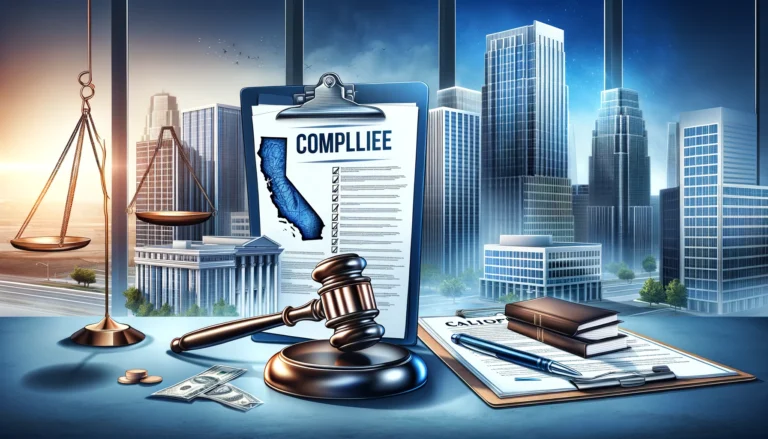Hey there, job-seeker or hiring manager! When it comes to landing that dream job or bringing on the perfect candidate, navigating the world of employment contracts can feel like diving into murky waters. But fear not! We’re here to shed some light on this topic, break it down in simple terms, and answer that burning question: Do you really need an employment contract? Let’s dive in!
What’s an Employment Contract Anyway?
Think of an employment contract as a roadmap that lays out the terms and conditions of your job or the job you’re offering. It’s like a mutual agreement between you (the employer) and your future employee. This document covers things like job duties, pay, benefits, working hours, and what happens if things don’t work out.
Who Benefits from an Employment Contract?

Employers:
- Clarity: Imagine trying to build a house without a blueprint. That’s what it’s like running a business without an employment contract. It spells out expectations, so there’s no confusion about who’s supposed to do what.
- Protection: Ever had an employee leave and take your company secrets with them? An employment contract can include confidentiality clauses to keep your sensitive info safe.
- Peace of Mind: Contracts can outline the rules of the game, including how and when someone can be let go. That way, if things don’t work out, you’ve got a playbook to follow.
Employees:
- Certainty: Nobody likes surprises, especially when it comes to their job. An employment contract lays out exactly what’s expected of you, so you know where you stand from day one.
- Rights: Ever wonder if you’re entitled to vacation days or what happens if you get sick? A contract spells out your rights, so there’s no need to guess.
- Protection: Contracts can include clauses that give you a safety net if things go south. Whether it’s a severance package or a non-compete agreement, it’s like having insurance for your job.
Do You Really Need One?

Ah, the million-dollar question! The short answer: It depends. Here are some things to consider:
- Complexity of the Job: If the job involves lots of moving parts, like managing a team or handling sensitive information, a contract can provide clarity and protect both parties.
- Level of the Position: High-level roles, like executives or managers, often come with special perks and responsibilities. A contract can spell out all the juicy details, from compensation to stock options.
- Legal Requirements: In some places or industries, employment contracts are required by law. Better safe than sorry—check your local regulations to be sure.
- Preventing Disputes: Contracts aren’t just for big-shot CEOs. They can prevent misunderstandings and disputes for any job, big or small.
The Bottom Line
So, do you really need an employment contract? While they’re not always required, they can provide peace of mind and protect both employers and employees in the wild world of work. Whether you’re starting a new job or hiring your next superstar, consider the benefits of having a clear, written agreement. After all, a little clarity can go a long way in the land of employment!
Got questions or stories to share about employment contracts? Drop them in the comments below! Until next time, happy job hunting and hiring!





